Introduction
Feeding your dog the right amount of food each day is crucial for their health and happiness. As a dog parent, you might find yourself overwhelmed with questions about the best feeding practices. How much is too much? How little is too little? Let's break it down together to ensure your furry friend stays healthy and satisfied.
Understanding Your Dog's Nutritional Needs
Every dog is unique, and their nutritional needs can vary significantly. Factors like breed, age, weight, and activity level all play a part in determining how much food your dog needs. A high-energy breed like a Border Collie will have different requirements than a less active breed like a Bulldog. Similarly, a puppy has different needs compared to a senior dog.
Types of Dog Food

Choosing the right type of food is the first step in meeting your dog's nutritional needs. Here's a quick rundown:
- Dry Kibble: Convenient and cost-effective, but make sure it's high-quality.
- Wet Food: More palatable for picky eaters and great for hydration.
- Raw Diet: Some dog parents prefer a raw diet for its natural benefits, but it requires careful preparation to ensure nutritional balance.
-
Homemade Meals: Offers control over ingredients, but must be well-researched to avoid nutrient deficiencies.
Reading Dog Food Labels
Understanding what's in your dog's food is crucial. Look at the ingredient list first. High-quality dog foods will list meat as the first ingredient. Avoid foods with fillers like corn or soy. Check the nutritional information to ensure it meets AAFCO standards, which guarantee a balanced diet.
Determining the Right Portion Size
Portion sizes can be tricky, but there are general guidelines to follow. For example, small breeds might need about ¾ to 1 cup of food per day, while larger breeds might require 2 to 3 cups. However, this can vary based on activity levels. More active dogs will need more calories, while less active ones will need fewer. If your dog is gaining or losing weight, adjust the portions accordingly.
Feeding Puppies vs. Adult Dogs vs. Senior Dogs

Dogs have different nutritional needs at various life stages:
- Puppies: Need more calories and nutrients for growth. They typically require 3-4 meals per day.
- Adult Dogs: Require a balanced diet to maintain health and energy levels. Usually, 2 meals per day suffice.
-
Senior Dogs: May need fewer calories but more specific nutrients to support aging joints and organs.
Special Dietary Considerations
Some dogs have special dietary needs. If your dog has allergies or a medical condition, you might need to choose specific types of food or consult with your vet for a tailored diet plan. It's crucial to address these needs to prevent health issues and ensure your dog thrives.
Creating a Feeding Schedule
Consistency is key. Feeding your dog at the same times each day can help regulate their digestion and prevent begging. Most dogs do well with two meals a day—one in the morning and one in the evening.
Monitoring Your Dog's Health
Pay attention to your dog's body condition and energy levels. A healthy dog should have a waist when viewed from above and a tuck in the belly when viewed from the side. If you notice significant weight gain or loss, lethargy, or digestive issues, it might be time to adjust their diet or visit the vet.
Common Mistakes in Dog Feeding
Avoid overfeeding to prevent obesity, which can lead to various health problems. Underfeeding, on the other hand, can cause malnutrition and energy deficiencies. Also, steer clear of feeding your dog human food, especially items that are toxic to dogs like chocolate, grapes, and onions.
Adjusting Feeding Habits Over Time
As your dog ages, their activity level and metabolism may change. You might need to adjust their portions and the type of food you provide. Seasonal changes can also affect your dog's energy needs, so keep an eye on their weight and adjust as necessary.
Supplementing Your Dog’s Diet
Sometimes, even the best diets need a little boost. Supplements like vitamins, minerals, probiotics, and omega-3 fatty acids can support your dog's overall health. However, always consult with your vet before adding any supplements to ensure they are safe and beneficial for your dog.
Homemade Dog Food: Pros and Cons
Homemade dog food can be a great way to ensure your dog gets high-quality ingredients. However, it can be challenging to balance the diet correctly. Without proper research and planning, you might miss out on essential nutrients. Consulting with a vet or a pet nutritionist can help you create a balanced homemade diet.
Traveling and Dog Feeding
Maintaining your dog's feeding routine while traveling can be challenging, but it's important to keep things as consistent as possible. Bring their regular food along, and consider portable feeding solutions like travel bowls and pre-portioned meals to make things easier.
Conclusion
Feeding your dog the right amount each day is vital for their health and happiness. By understanding their nutritional needs, choosing the right type of food, and monitoring their health, you can ensure they get the best care possible. Always consult with your vet for personalized advice and adjustments to their diet as needed.
FAQs
How do I know if I'm feeding my dog enough?
Monitor their weight, energy levels, and body condition. If they maintain a healthy weight and energy, you're likely feeding them the right amount.
Can I feed my dog human food?
Some human foods are safe, but many are not. Stick to dog food or consult your vet before introducing any new foods.
How often should I change my dog's food?
Only change your dog's food if necessary, such as for health reasons or on your vet's advice. Always transition slowly to avoid digestive issues.
What should I do if my dog is gaining weight?
Reduce portion sizes, increase exercise, and consult your vet for a tailored weight management plan.
Are there specific foods I should avoid giving my dog?
Yes, avoid chocolate, grapes, onions, garlic, and anything with caffeine or alcohol, as they can be toxic to dogs.


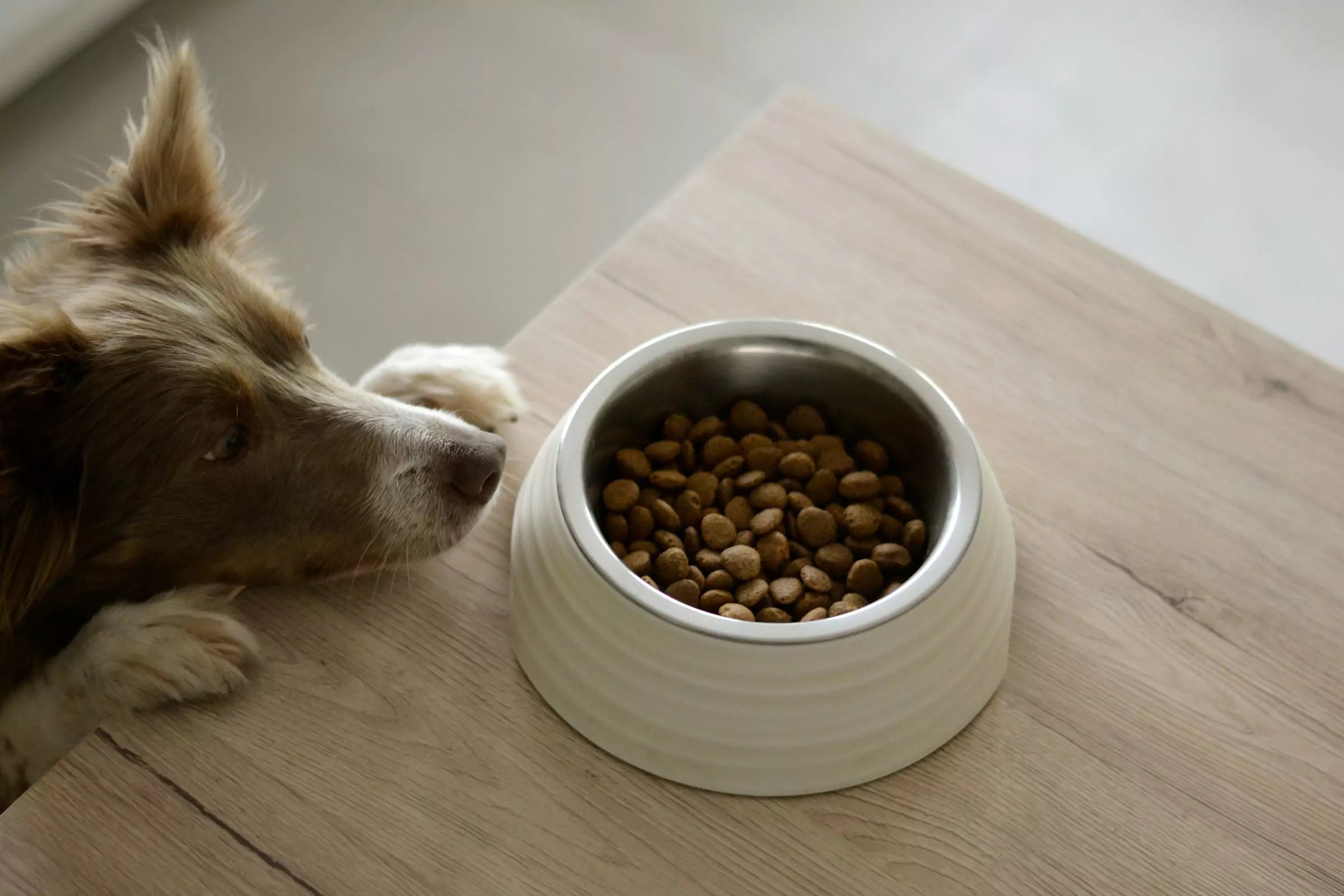

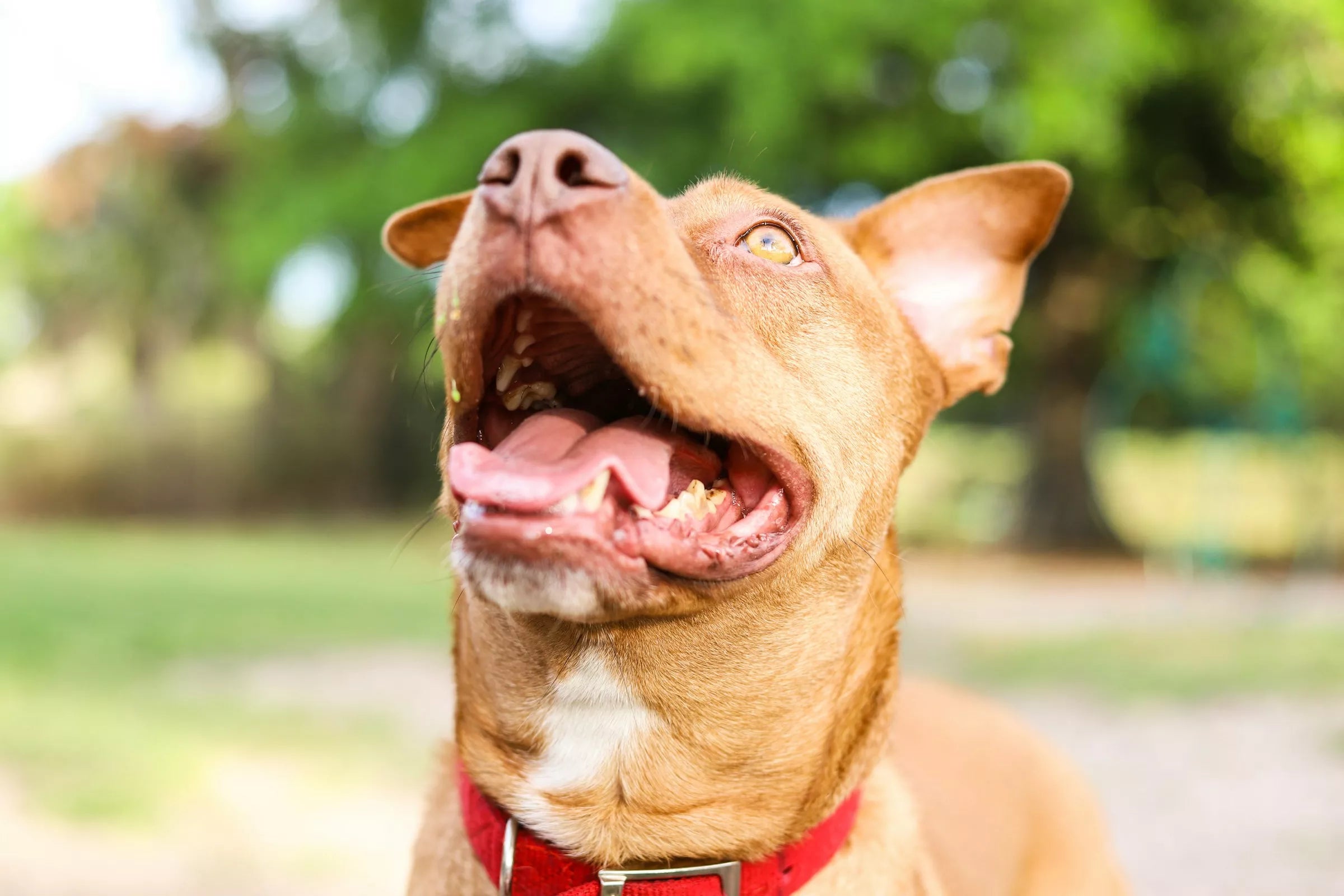
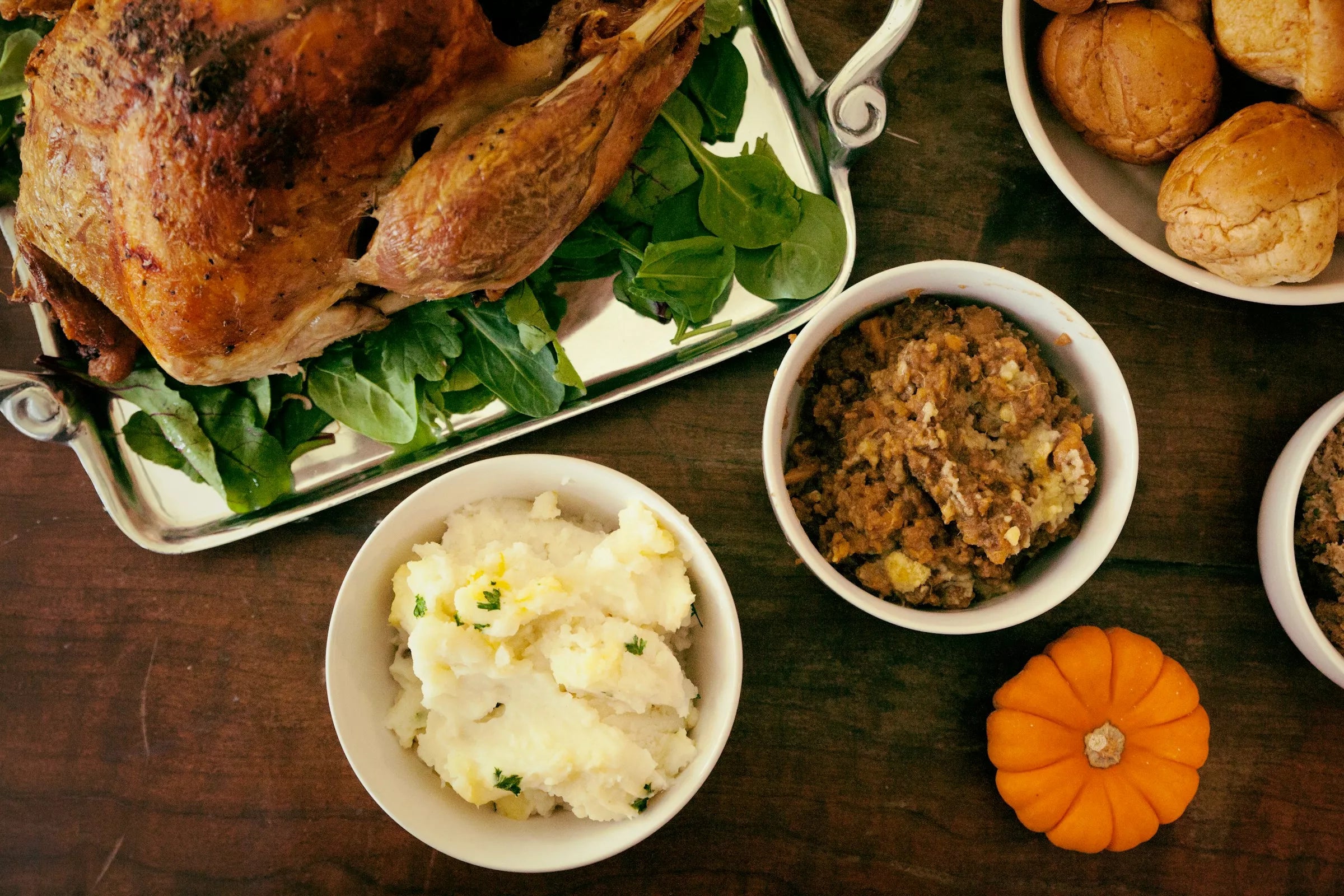

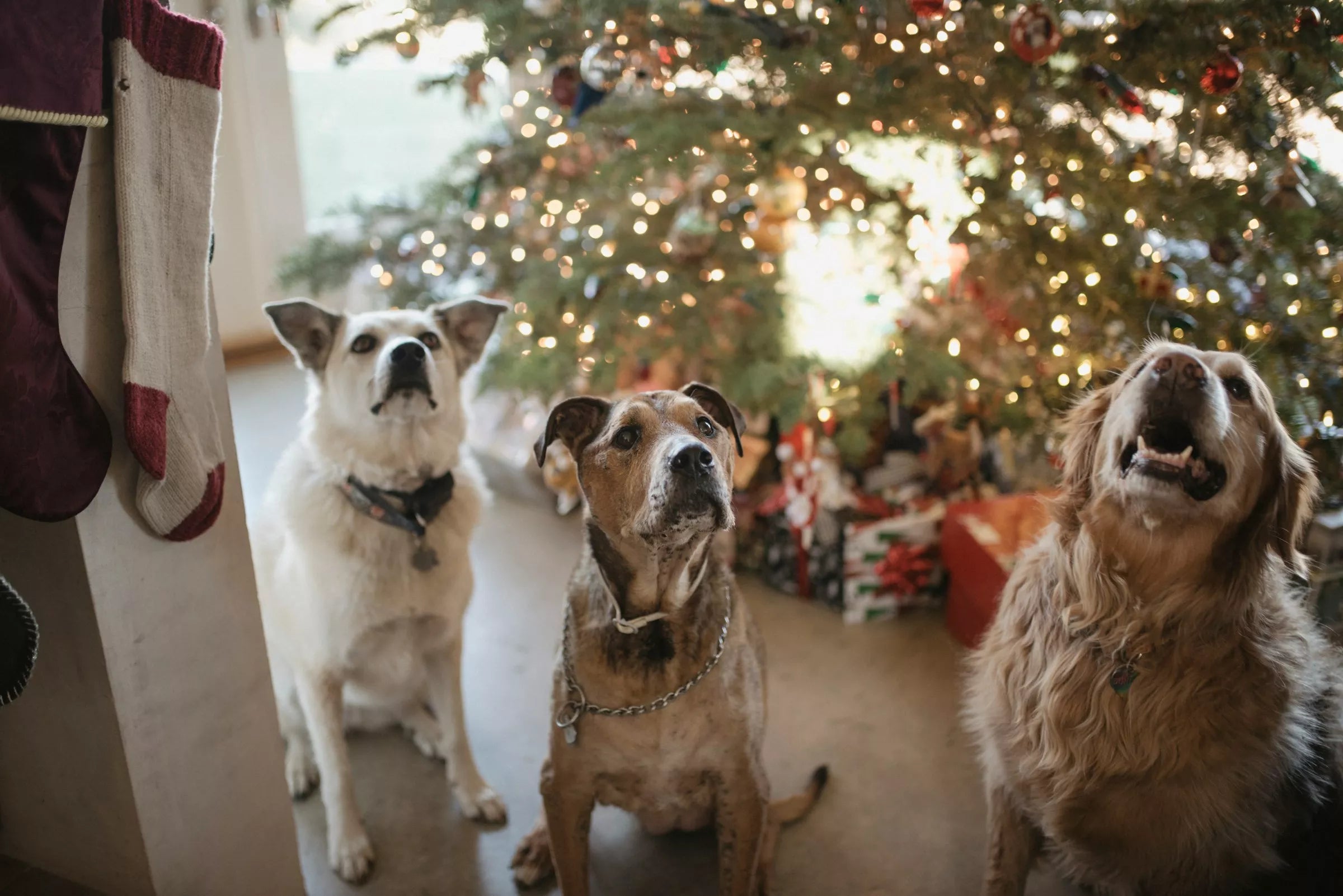
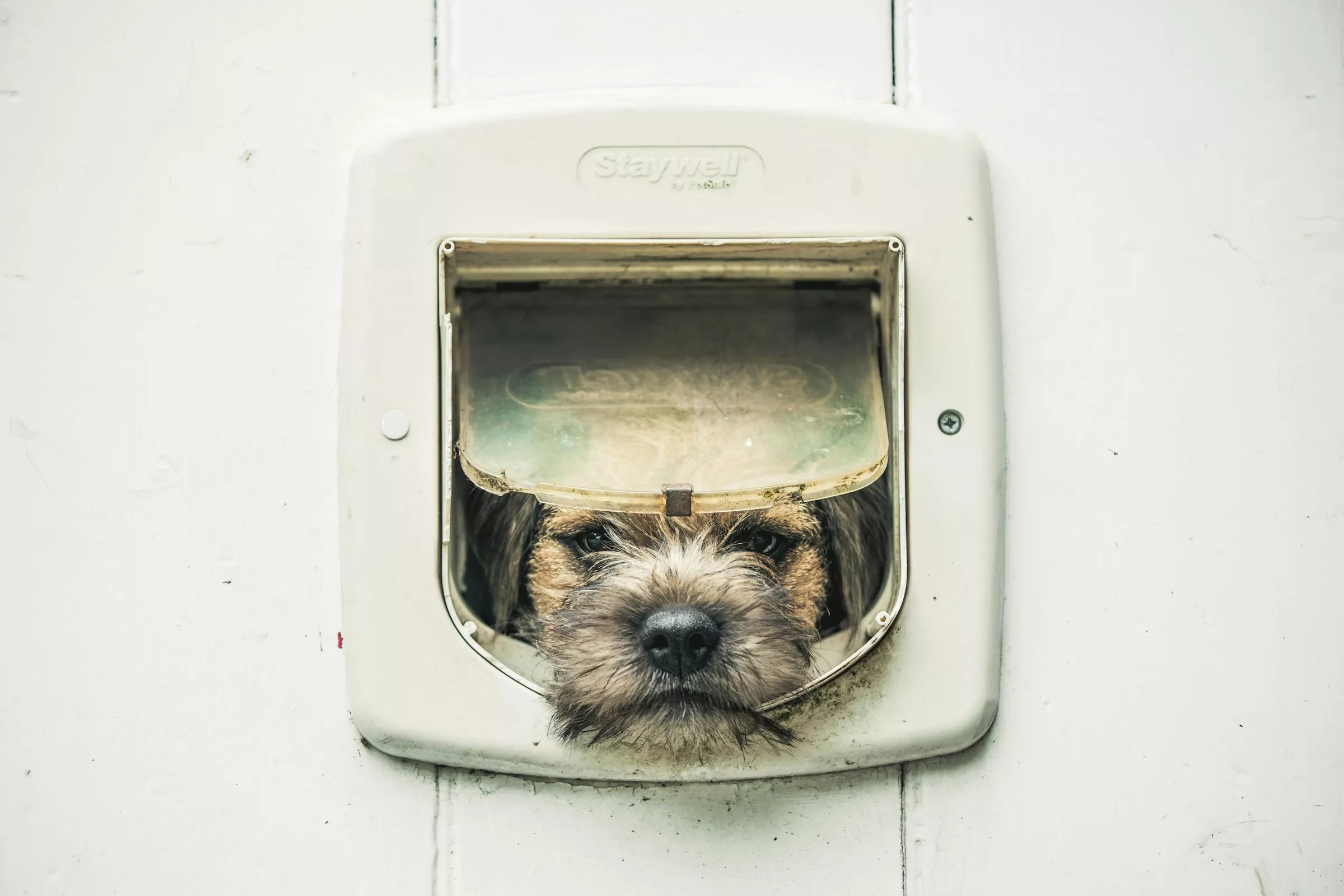






Share:
How Can I Keep My Dog Entertained While I’m at Work?
What are the Benefits of Doggy Daycare?